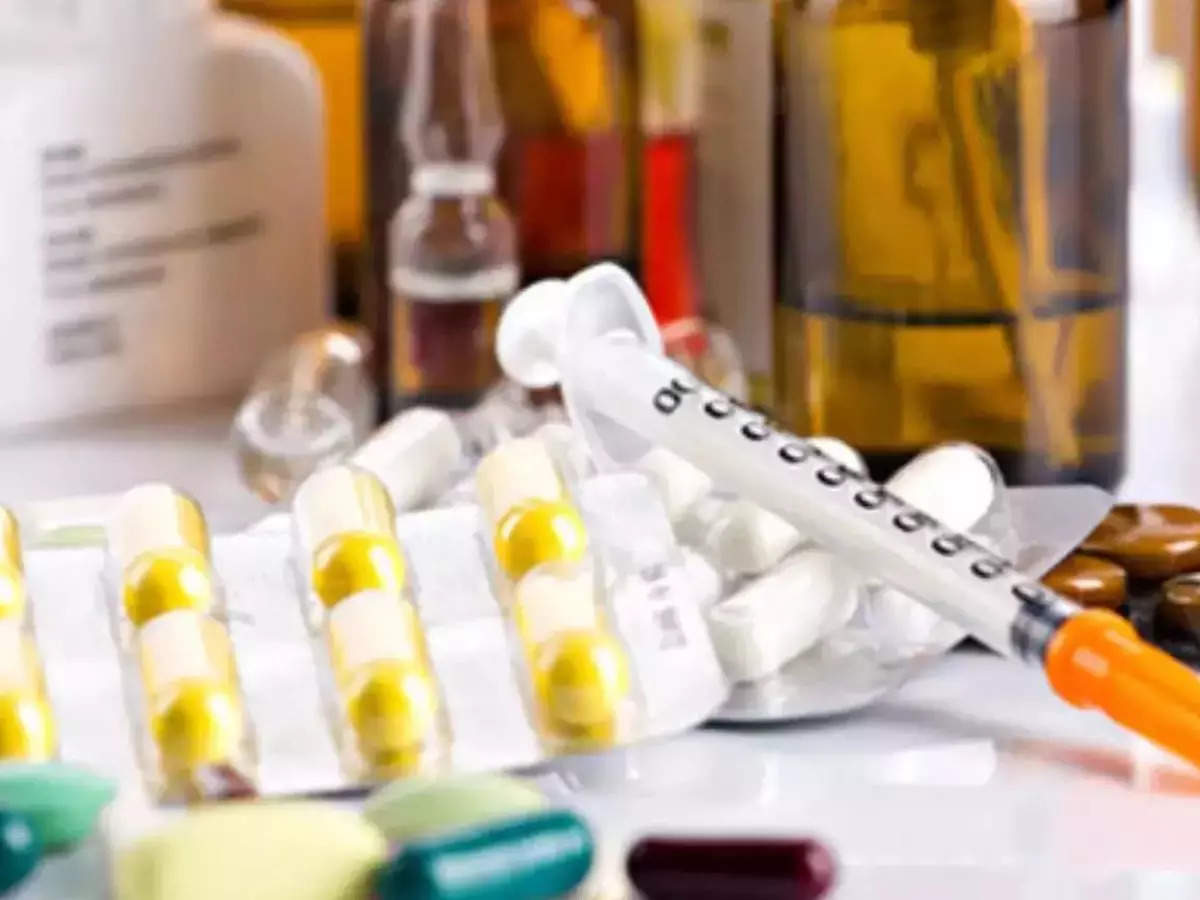The Indian pharmaceutical industry aims to achieve a market size of US$ 130 billion by 2030 and US$ 450 billion by 2047. The industry’s ability to make meaningful contributions have been proved correct time and again, whether its contribution towards value and volume, or generating revenue and employment, or better still, contributing to export trade and economic growth; the industry has demonstrated growth potential in all areas. With suitable policy and fiscal support, the pharmaceutical and healthcare industry can propel India’s economic development and welfare objectives. Keeping in perspective the next leap for the industry, measures towards promoting technology, research and innovation would be critical in shaping the future of the industry in India. With this, eyes are on Budget 2024 to provide momentum and due focus to this sector.
Budget allocations to Pharma sector
As per the Economic Survey 2022-23, the Centre and states’ budgeted expenditure on health sector was 2.1% of GDP in 2023 and 2.2% in 2022, as against 1.6% in 2021.
In 2023-24, the revised estimate of allocation to the Ministry of Health and Family Welfare was INR 80,517.62 crores (against a budget estimate of INR 89,155 crores), an increase of approx. 1.73% over the revised estimate of 2022-23. Further, the revised estimate for allocation to the Department of Pharmaceuticals under Ministry of Chemicals and Fertilisers, was INR 2,697.95 crores (against a budget estimate of INR 3,160.06 crores), an increase of 18.93% over the revised estimate of 2022-23.
While India’s allocated expenditure on health and pharmaceutical sectors has been on the rise, it is insufficient to meet the increasing needs and aspirations of universal health access. As per data published by the World Health Organization, the current health expenditure (CHE) as a percentage of GDP is significantly higher in developed countries and in many developing countries as well.
The CHE as percentage of GDP was – in developed countries such as USA (17.36%), Germany (12.93%) and Japan (10.82%) and in developing countries such as Brazil (9.89%), China (5.38%) and Mexico (6.08%). This reflects the importance they accord to the health sector and the societal priority given to health. Given this, there is an urgent need to prioritize public spending on health and incentivize private investments in the sector. It is hoped that increased allocations are made in Budget 2024-25 to adequately reflect this priority.In recent years, the government has introduced certain policy initiatives to foster the growth of pharmaceutical and healthcare sector. Notable ones include Production Linked Incentive schemes for pharmaceuticals, medical devices, and bulk drugs, Schemes for promotion of medical device parks and bulk drug parts along with financial grants, digitisation of health with initiatives such as Ayushmaan Bharat Digital Mission (ADBDM), CoWIN (a digital vaccine delivery platform), health registry, and telemedicine etc., Scheme on promotion of research and innovation in pharmaceuticals and medical device aimed at fostering R&D in the pharma-medtech sector in critical areas, including a financial outlay of inr 5,000 crores over a span of 5 years from FY 2023-24 to FY 2027-28.It is critical to keep up the momentum of introducing positive policy measures and increase their traction through strong implementation. This too calls for increased budgetary allocations for this sector.
Accelerating R&D and Innovation through Budget 2024
Research and innovation are critical elements for growth of the pharmaceutical and healthcare industry. Developing high-value novel drugs, bio-pharmaceuticals and biosimilars requires considerable research and development efforts.
As per the report on ‘Research & Development Statistics at a glance’ published by Department of Science & Technology, Government of India in March 2023, India’s gross expenditure on Research & Development (GERD) as a percentage of GDP was 0.64% in 2020-21. Majority of developed countries allocate more than 2% of their GDP to R&D. In some developing BRICS countries also, the R&D expenditure was higher – 1.3% in Brazil and 2.4% in China.
As per NITI Aayog’s India Innovation Index 2021, India’ GERD is among the lowest in the world, with just US$ 43 per capita. In terms of investment in R&D by pharma companies, it is approximately 7% of net sales, compared to the 15-20% spent by global companies. Industry bodies have constantly emphasized the need for stimulating R&D investment to foster the growth of Indian pharmaceutical industry.
Healthcare innovation is clearly an opportunity, predominantly across pharmaceutical services (including contract development, contract manufacturing, contract research), healthtech, biotech, medtech, etc. India has a valuable talent pool and strong potential to increase this base. With complementing fiscal and policy measures, India can capitalize this opportunity and attract private investments. Re-introduction of weighted deduction for expenditure on scientific research on in-house research and development facility will direct the sector’s focus towards innovation.
The Department of Pharmaceuticals released an approach paper on Draft National Pharmaceuticals Policy, 2023 for stakeholder consultation in October 2023. Its objectives include encouraging international collaboration, enhancing regulatory efficiency to align with global regulatory standards, and focusing on nurturing and promoting research, development and innovation.
All such proposed policies can be truly implemented with a specific budgetary allocation to research and development.
Budget & India’s pharma sector
The pharmaceutical and healthcare sector can contribute significantly to India’s growth story. For this, it would be critical to enable Indian companies as well as global players to make investments aiming at technology, research and innovation. As the government finalizes its action plan and road map for India@2047, the industry hopes to receive fiscal support which could help shape the future landscape for the industry.
(Authors are: Shuchi Ray, Partner, Deloitte Haskins & Sells LLP; Shivali Valecha, Director, Deloitte Haskins & Sells LLP; Palak Kotecha, Deputy Manager, Deloitte Haskins & Sells LLP)





































